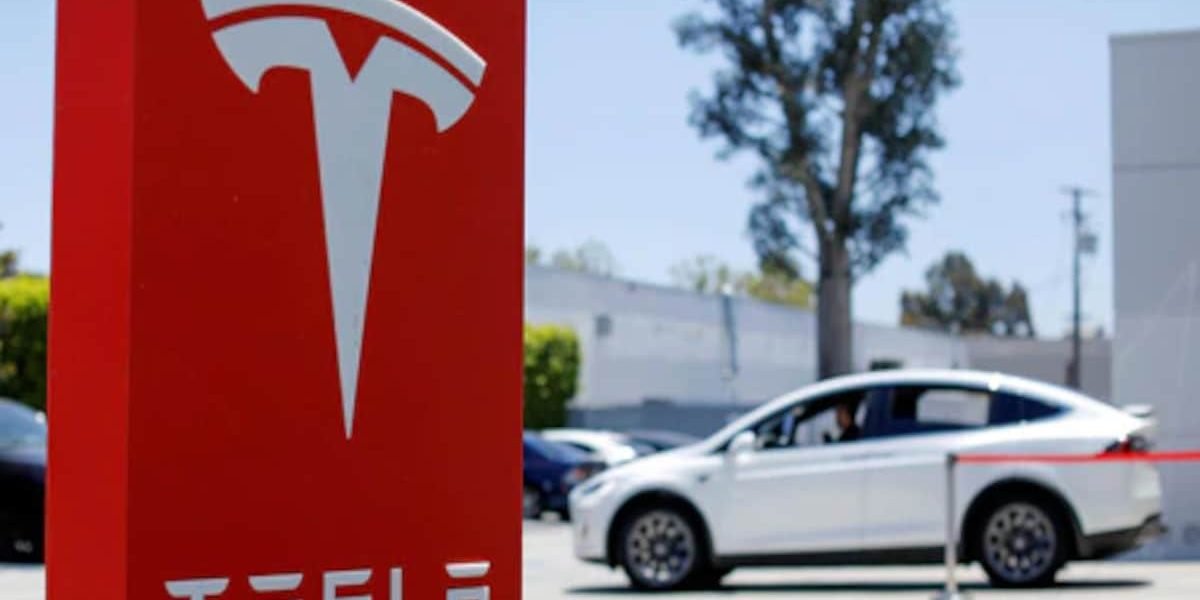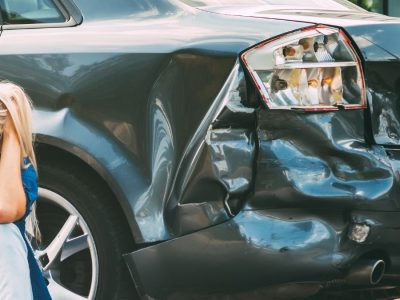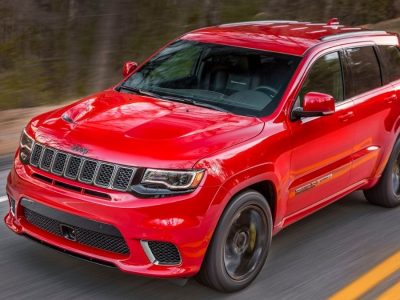Delay in automotive emissions penalty increase opposed by EV makers

Electric vehicle manufacturers are opposing a decision to delay penalty increases for automakers who fail to meet fuel efficiency standards.
Many legacy automakers are now making substantial investments in zero-emissions vehicles, a lobbying group representing them said the increase would have a large economic impact during a time when the industry is facing major disturbance from the COVID pandemic. But new EV entrants say the penalty mechanism is a powerful performance incentive to decrease tailpipe emissions and encourage investment in lower- or zero-emissions technology.
In a decision issued in January, the National Highway Traffic Safety Administration (NHTSA) postponed imposing a penalty increase from the beginning of the model year 2019 to model the year 2022.
Tesla is appealing the Second Circuit U.S. Court of Appeals to review the ruling, pointing out that the delay “inflicts ongoing, irreparable injury” on the company and creates an “uneven playing field” by reducing the consequences of non-adherence.
The Corporate Average Fuel Economy (CAFE) penalty has been increased from $5 to $5.50 for every 0.1 miles per gallon that don’t meet the standard. Congress raised the penalty to $14 in 2015 in reaction to rectify the effects of inflation on it, but NHTSA and the courts have ping-ponged about the increase ever since. A decision from the Second Circuit last August seemed to settle the issue in favour of instating the higher penalty starting with the model year 2019, but automakers were successfully petitioned in delaying the increase last October.
The CAFE penalty can be a huge boon for zero-emissions automakers. In a recent report to regulators, Tesla said it earned $1.58 billion from selling regulatory credits to other automakers in 2020. Tesla said that delaying the increase is harmful to the companies that have made economic decisions based on an increase in credit.
EV start-ups Rivian and Lucid Motors told TechCrunch they also oppose any delay in increasing the CAFE penalty.
Kevin Vincent, Lucid Motors Associate General Counsel, told TechCrunch that the credit market is very beneficial for the entire EV industry, when they build EVs it’s to their benefit to have robust credits.
In a petition filed by the lobbying group Alliance for Automotive Innovation automakers have mentioned the economic hardship due to the COVID-19 pandemic. Mercedes-Benz told NHTSA that the pandemic caused disruptions to its supply chain, workforce, and production.
Attorney generals from 16 states have also objected to the delay, including California and New York, as well as environmental groups Sierra Club and the Natural Resources Defense Council.



